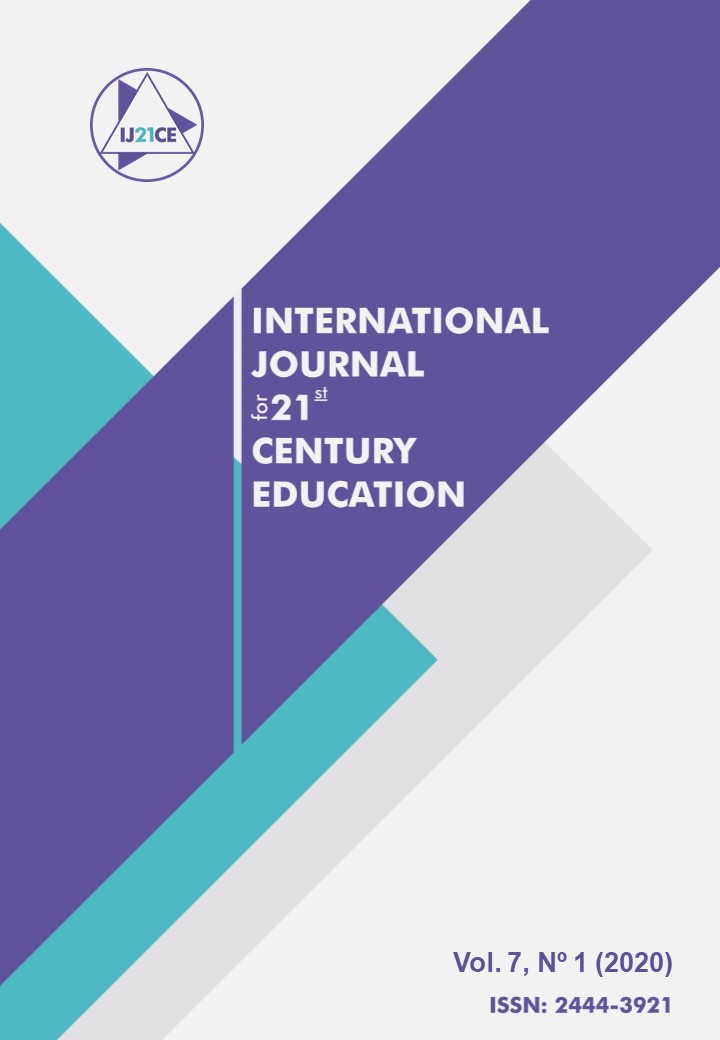RAISING AWARENESS ON INTERCULTURAL LITERATURE BY MIGRANT WOMEN THROUGH TRANSLATION
Main Article Content
Abstract
The so-called migrant or intercultural literature has been consolidated in the last 70 years especially in Europe (Chiellino, 2015; Neelsen, 2018). It comprises the works by migrant writers publishing in the language and the country of destination. Therefore, they present a series of transnational and intercultural features both from the point of view of motives and of language. Inside this movement, literature written by migrant women is notably understudied and barely translated into Spanish (Quijada, 2019), despite the interest of a gender approach in the broader field of migration (Von Flotow, 2000). In order to bridge this gap, the present work aims to disseminate the novels of migrant women in English, French and German and to apply these to teaching translation from an intercultural and gender approach. The research method is based on translation and contrastive analysis, as well as the discovery of the authors through interviews and statements by the students of Literary Translation taught at the B.A. Translation and Interpreting at the Universidad de Córdoba. As a case study, we present a didactic proposal for the novel Kiffe kiffe demain by Faïza Guène (2004), a French woman writer of Algerian origin. Initial activities include real-life statements about cultural diversity given by women writers and journalists, a reflection on the search of the own identity and the stances taken by female protagonists in contemporary works written by second-generation authors, as well as the double segregation of French women of Maghrebi origin due to their role as women and to their African background. Furthermore, we propose the translation of selected chapters of the novel into Spanish in order to facilitate the understanding of hybridity and multiculturality as expressed in a linguistic combination of slang, Arabic borrowings and the register of the suburbs. The revised translations and the opinions expressed by students in two Moodle forums demonstrate that translation enhances awareness raising about the feelings of this migrant community, helping to understand their condition as a minority and moving their claims to new spaces and cultures.
Downloads
Article Details
Proposed Copyright Notices by Creative Commons
1. Proposed policy for journals that offer open access
Authors who have publications in this journal agree to the following terms:
Authors retain their copyright and grant the journal the right of first publication of their work, which will simultaneously be subject to a Creative Commons Attribution License that allows third parties to share the work provided that the author and the journal as the original place of publication are properly acknowledged.
Authors may enter into separate, additional non-exclusive licensing agreements for the distribution of the published version of the work (e.g., depositing it in an institutional online repository or publishing it in a monographic volume), provided that the original publication in this journal is acknowledged.
Authors are permitted and encouraged to disseminate their work online (e.g., in institutional online repositories or on their personal website) before and during the submission process, as this can foster productive exchanges and increase citations of the published work (see The Open Access Effect).

